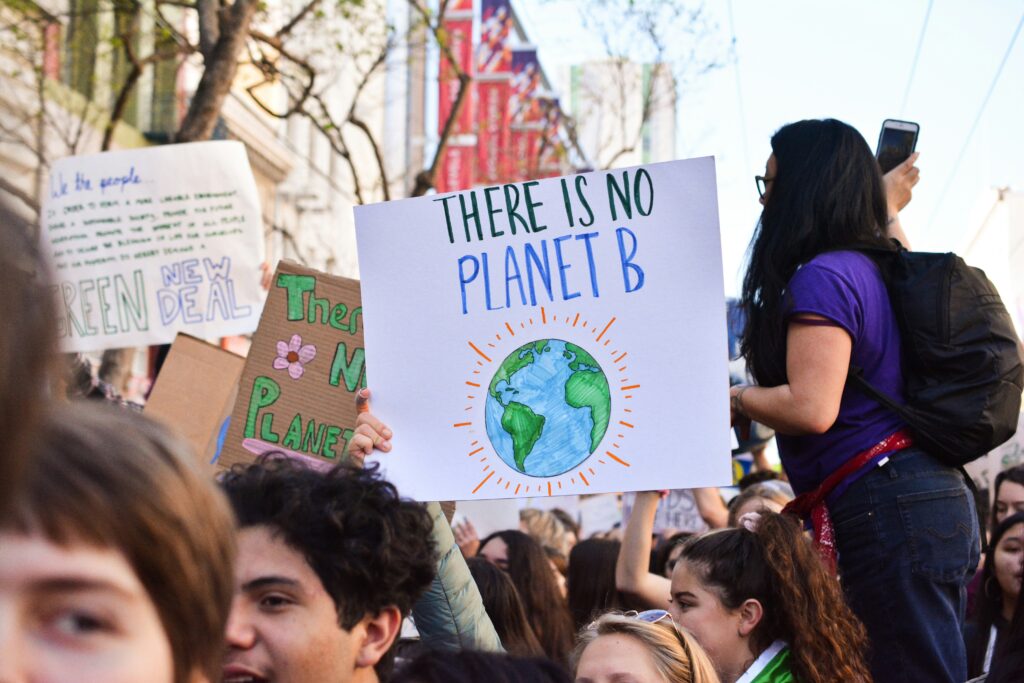Breakthrough in Alzheimer’s Research

Scientists have developed a new drug in clinical trials that has the potential to significantly slow Alzheimer’s progression by targeting beta-amyloid plaques in the brain. Dr. Amy Fields, the lead researcher, remarked, “This could change everything,” as early results indicate the possibility of delaying cognitive decline by years. Families affected by the disease are hopeful but remain cautious as the drug moves through further testing.
Housing crisis in major US cities

As rent continues to soar in major U.S. cities, middle and lower-income families are being driven to the edge of homelessness. In San Francisco, where rent for a one-bedroom exceeds $3,500, residents like Maria Johnson are being priced out of their lifelong homes. “It’s heartbreaking, but I’m considering moving away,” she admits. Experts point to gentrification and a lack of affordable housing as primary factors in the crisis. While cities attempt to introduce rent control measures, critics argue that more drastic solutions are necessary to address the deepening divide between the wealthy and the working class.
Technological Innovations in Medicine

AI is rapidly revolutionizing healthcare, with cutting-edge technologies like AI-driven diagnostics and robotic surgeries enhancing precision and patient outcomes. At institutions like the Mayo Clinic, AI is detecting diseases like cancer months earlier than traditional methods. However, critics raise concerns about accountability and the potential loss of human empathy in decision-making. Despite these challenges, proponents argue that AI can drastically improve healthcare by equipping doctors with powerful new tools, making it a vital part of the future of medicine.
Global climate summit 2024

World leaders gathered in Geneva for the 2024 Global Climate Summit, a pivotal moment in the fight against climate change. Faced with rising temperatures and escalating natural disasters, urgent global action was demanded. Activist Greta Thunberg captured the mood in her opening remarks, declaring, “Our house is on fire, yet we are still adding fuel to the flames.” Nations pledged stronger commitments to achieve net-zero emissions by 2050, though tensions arose between developed and developing countries over responsibility. Despite these divisions, the summit concluded with renewed hope and promises of increased investment in green energy and sustainable technologies, though challenges remain in turning those pledges into action.
